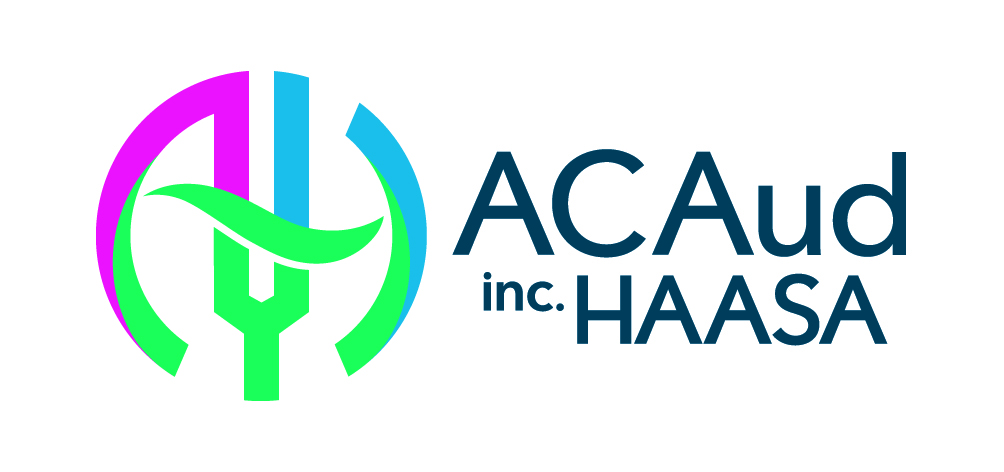All members must cooperate with the HPCCB
Failure to cooperate fully and professionally with the HPCCB is a breach of Standard 1.2b in the Code of Conduct. Breaches of the Code of Conduct by members may result in:
A) A formal warning and reprimand;
B) The requirement to undergo mediation, counselling or further education or training;
C) Being placed on probation for a specified period of time which may include a period of supervised practice;
D) Membership and/or practitioner certification being suspended for a specified period of time; or
E) Membership and/or practitioner certification and/or eligibility for membership and/or clinical certification being terminated or cancelled.
Cooperation with the HPCCB includes providing any documentation or other evidence requested by the HPCCB and communicating with the HPCCB in a respectful and professional manner.
The HPCCB has an obligation to consider all complaints made in an objective manner, regardless of who is making the complaint and the nature of the complaint. That is, the HPCCB is not working for or against either party in a complaint. Unlike the adversarial system (used by courts of law) where parties who are conflicted provide evidence to be adjudicated upon, the role of the HPCCB is inquisitorial. The HPCCB considers all information provided and it is the role and responsibility of the HPCCB to make its own judgment about the quality and level of evidence that has been provided by both parties to the complaint and to request further information as and when is considered appropriate in accordance with the Complaints Procedure.
The HPCCB is aware that having a complaint made against them can be a very stressful period for a practitioner. The Ethics Officer is there to support both the respondent and the complainant through this process by:
- acting as the primary point of contact for respondents and complainants
- forwarding communications and documents between the HPCCB, the complainant and the respondent
- documenting and maintaining records of complaints, and
- answering questions about the Complaints Management and Resolution Process.
If a complaint has been made against you and you are unsure, nervous or have any questions about the Complaints Management and Resolution Procedure and work of the HPCCB, please do not hesitate to contact the Ethics Officer and ask questions. If needed, the Ethics Officer can forward your questions and/or concerns to the HPCCB Board for their consideration and response.
Most of the complaints the HPCCB has considered and closed to date have been able to be resolved informally through a dialogue between the complainant, respondent, and HPCCB Chairperson without the need to proceed to a formal Hearing and Investigation. The ability to resolve a complaint informally has relied upon the cooperation and professional conduct of the respondents. In one case, the respondent initially refused to cooperate with the process and provide the information requested by the HPCCB. This resulted in the complaint taking a long time to be resolved and escalating unnecessarily. Furthermore, the HPCCB determined that the respondent would be in breach of Standard 1(2a) in the Code of Conduct if they did not cooperate. The respondent then cooperated with the HPCCB and the complaint was resolved and closed within a week.



